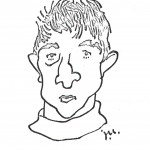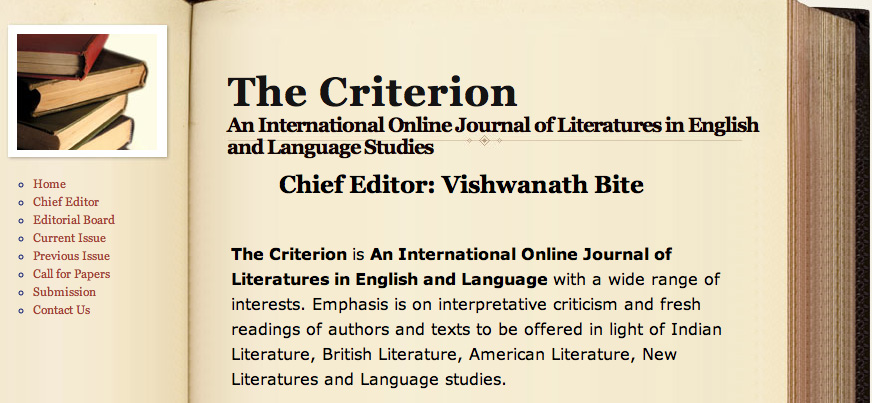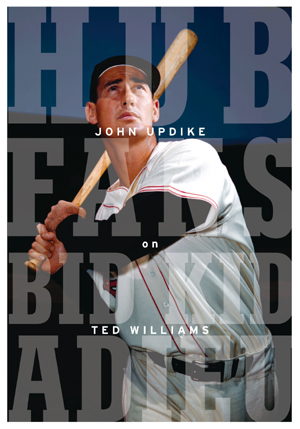 October 7, 2009 – The John Updike Archive, a vast collection of manuscripts, correspondence, books, photographs, artwork and other papers, has been acquired by Houghton Library, Harvard University’s primary repository for rare books and manuscripts. The Archive forms the definitive collection of Updike material, said Leslie Morris, Curator of Modern Books and Manuscripts at Houghton Library, and will make the library the center for studies on the author’s life and work.
October 7, 2009 – The John Updike Archive, a vast collection of manuscripts, correspondence, books, photographs, artwork and other papers, has been acquired by Houghton Library, Harvard University’s primary repository for rare books and manuscripts. The Archive forms the definitive collection of Updike material, said Leslie Morris, Curator of Modern Books and Manuscripts at Houghton Library, and will make the library the center for studies on the author’s life and work.
“Many scholars would argue that John Updike is one of, if not the, novelist of the late 20th century,” Morris said. “No one can really write about the American novel without taking Updike into consideration.”
Harvard University President Drew Faust hailed the library’s acquisition of the Archive.
“I am delighted that John Updike’s papers will be at Harvard as a lasting and living tribute to one of the College’s most creative and accomplished graduates,” Faust said, in a statement. “This collection will enable teaching and research that will not just enrich our understanding of a distinguished writer and his work, but will also provide insights into the literary craft and its place in late 20th-century America.”
Although portions of the Archive were given to the library during Updike’s lifetime, and have been available for research at Houghton since 1970, they represented only a small fraction of the full collection. For decades, Updike had been depositing his papers, including manuscripts, correspondence , research files, and even golf score cards, in the library, but the material – since it was only on deposit at Houghton – was available only with the author’s permission, and was not integrated with the material the library owned.
Cataloging the newly acquired material so it can be used by scholars is now one of the library’s “highest priorities,” since the Archive will not be available for research until that process is completed, Morris said. However, scholars will still be able to access materials given to the library by Updike before 1970, including early short story manuscripts written for the New Yorker; Telephone Poles, Updike’s early poetry collection; and nearly complete documentation on the creation of the novel that brought him his first taste of fame, Rabbit, Run (1960).
Considering Updike’s close association with Harvard, it seems fitting that the Archive find a permanent home in the Harvard College Library’s collections, said Nancy Cline, the Roy E. Larsen Librarian of Harvard College.
“This collection will be an exciting new addition to Houghton Library’s holdings, and will provide researchers and students with a unique insight into the life and work of one of the major figures in modern American literature,” Cline said.
When the cataloging of the Archive is completed, the Updike Archive will offer students and scholars unparalleled insight not only into the working life of the man hailed as America’s last true man of letters, but into the cultural transformations reflected in his works.
One of the major shifts which can be traced through Updike’s work concerns sex in mainstream literature. Though it may be difficult for today’s students to imagine, attitudes about sex in fiction have changed radically in the past generation, due in no small part to Updike. Close examination of manuscripts and correspondence in the Archive shows that editors often pushed the author to remove passages considered (at the time) too sexually explicit. As cultural attitudes changed, however, later editions would restore those same passages.
“You can see in the physical medium of Updike’s edited manuscripts, how the cultural perception of sex in fiction was changing,” Morris said. “For students accustomed to reading the published text without thinking of what went on behind the scenes to create that finished product, these manuscripts can have a tremendous impact.”
“John Updike left a huge footprint on American letters,” said Louis Menand, the Anne T. and Robert M. Bass Professor of English. “For more than fifty years, he was the fictional chronicler of the American middle class, but he was also a prolific critic of literature and art. His papers will be important for scholars and historians working in any number of areas.”
The Boston Globe also reported
the story today, in which Society member William Pritchard is quoted. Thanks to member Ken Krawchuk for calling our attention to it. And thanks to Jack De Bellis for adding an update. According to a
recent report, Harvard also acquired John Updike’s floppy discs with the other materials purchased.



